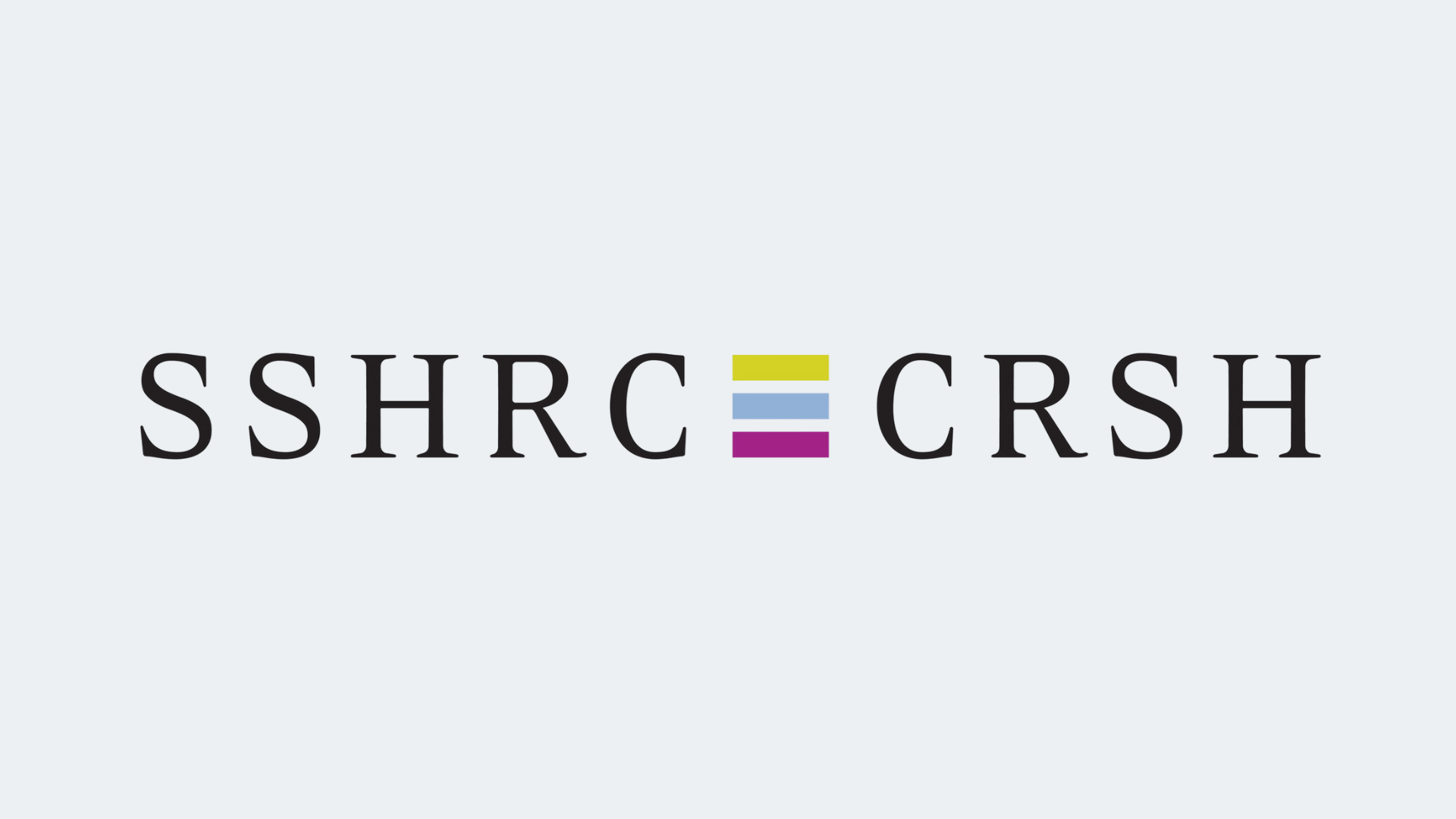History and Theory of Rhetoric: Classical Rhetoric
Term 1
TTh, 11:00 a.m. – 12:30 p.m.
Every year, Dale Carnegie’s How to Win Friends and Influence People appears on bestseller lists—which may, at first, seem strange: currently this self-help book, published in 1937, is the Globe and Mail’s #5 bestseller, sitting between Brave Enough and The Woman’s Book of Joy, both published within the last six months. Part of what accounts for Carnegie’s relentless success is that strategies of persuasion—the means of moving people to one’s own point of view (for better or for worse)—haven’t changed very much, not only in the last 80 years, but, arguably, in the last 2500. When Aristotle published his Rhetoric in the 4th Century BCE, he described “the available means of persuasion” in ways that remain useful for those who wish to influence other people (we all do) and those who wish to understand how other people influence them: in formal speeches and informal tweets; in politics, law, advertising, science, and interpersonal relationships. This course moves back and forth between ancient and contemporary texts of rhetorical theory, and between rhetorical theory and rhetorical practice: How, in daily life, are our minds made up and changed? What do people say to get other people to trust them? Can Donald Trump get himself elected while this course is in session?


